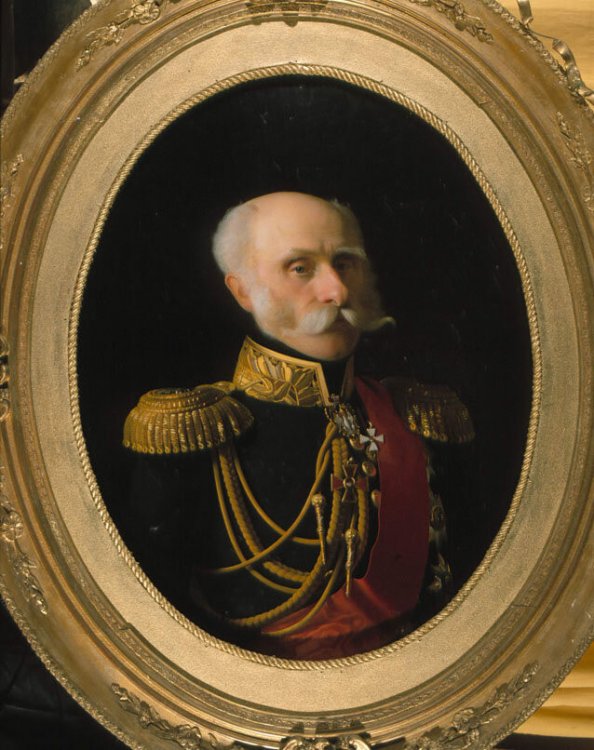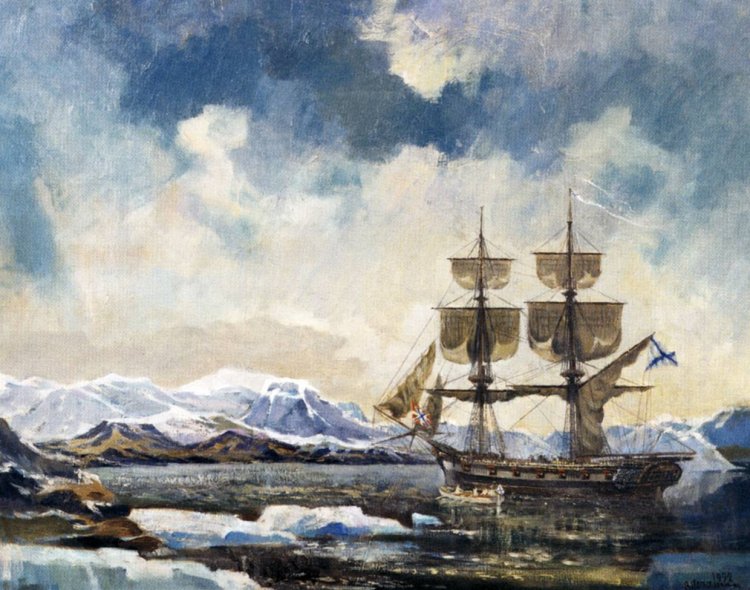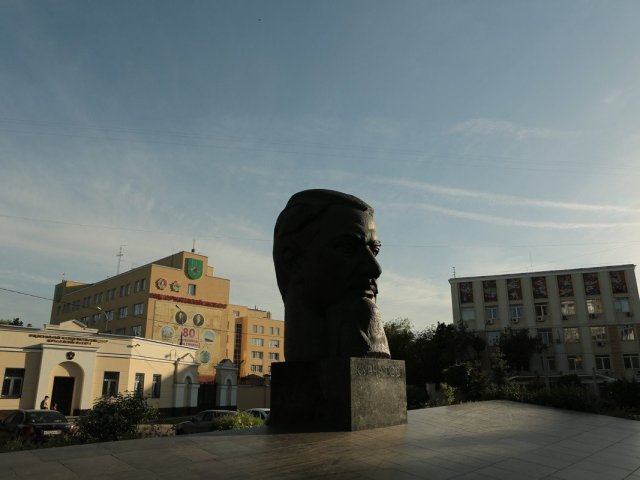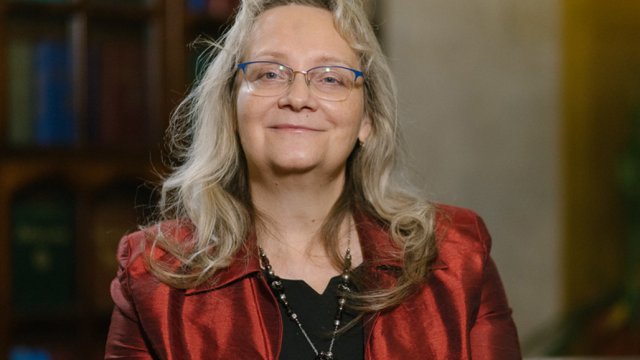Count Friedrich von Lütke, a Russian navigator, Arctic explorer, president of the Russian Academy of Sciences (1864–1882), founder of the Russian Geographical Society, was born on this day, September 28, 1797
Our fatherland, extending in longitude more than a semicircle of the Earth, is in itself a special part of the world with all the differences in climates which is characteristic of such a huge extent, phenomena of organic nature, etc., and such very special conditions directly indicate that the main subject of the Russian Geographical Society should be the cultivation of the geography of Russia. (Friedrich von Lütke, speech at the first meeting of the Council of the Russian Geographical Society, 1845)
Friedrich von Lütke was a navigator, geographer, and politician. His entire life was related to the ocean spaces and an irrepressible desire to be useful. But at the very beginning, he had tough childhood since he grew up without parents. The mentor and example to follow for the young navigator was the husband of his sister, Captain (and then Admiral) Ivan Sulmenev, who played an important role in the fate of Lütke.
Friedrich’s first circumnavigation of the world on the Kamchatka sloop began in August 1817 and ended in September 1819. In two years, the crew has traveled an impressive path: crossed the Atlantic, rounded Cape Horn, sailed along the entire coast of both Americas, reached Kamchatka, and from there, across the Indian Ocean, around Africa, returned to Kronstadt. Despite his young age, Friedrich von Lütke had an important mission: hydrographic research. The scientist continued it during his second voyage to the North – from 1821 to 1824. On the sixteen-gun brig Novaya Zemlya, Friedrich studies the expanses of the White Sea, Novaya Zemlya, and the adjacent areas of the Arctic Ocean.
The result was the book “A four-time trip to the Arctic Ocean on the military brig Novaya Zemlya” (1828). That’s when the world learned about a new scientist who convinced the public of the priority of Russians in the development of the Arctic.
But to what period should the beginning of Russian navigation on the Northern Ocean be attributed? When exactly did Novaya Zemlya become known to them? Questions that are likely to remain unresolved forever, and for very natural reasons. Even today, we cannot boast of the many writers who have devoted themselves to the commendable work of passing on to posterity the individual deeds and feats of their compatriots. Could they have existed in the unenlightened centuries preceding the 16th one, when the art of writing was still known to few? The history of the first attempts of the Russians in the Arctic Sea and the gradual discoveries of all the places washed by it would, of course, present no less surprise and curiosity than the similar history of the Normans; but all this is hidden from us by an impenetrable veil of uncertainty.
(Friedrich von Lütke. “A four-time trip to the Arctic Ocean on the military brig Novaya Zemlya”)
Such a loud and successful start had an equally fundamental continuation: an even bolder one. Under Lütke’s leadership, a round-the-world trip began on the Senyavin sloop. For three years (1826–1829), the Bering Sea was explored, islands were discovered, and the coasts of
Kamchatka were studied. The heroes of Russian science were greeted with a salute in Kronstadt, and Friedrich von Lütke received the extraordinary Captain First Rank and became a corresponding member of the Academy of Sciences.
An important page in the biography of the scientist is the creation of a geographical and statistical society. They already existed abroad and became a model for Russia. Having enlisted the support of his like-minds Ferdinand von Wrangel, Karl von Baer, Konstantin Arsenyev, Lütke presented the idea to the country’s leadership. Already in 1845, the Russian Geographical Society was established in our country, and five years later it acquired the honorary status of Imperial.
Friedrich von Lütke became an amazing historical figure and a real hero of his country. He successfully combined scientific and military successes into a single alloy. His name can be found on geographical maps, a gold medal was created in his honor, which is awarded for achievements in the field of geography. And the ship named after the navigator did as much for the country in the Arctic as the one after whom it was named. No wonder they say that as you name the boat, so shall it float.
Photo on the homepage: rgnp
Photo on the page: rusmir























